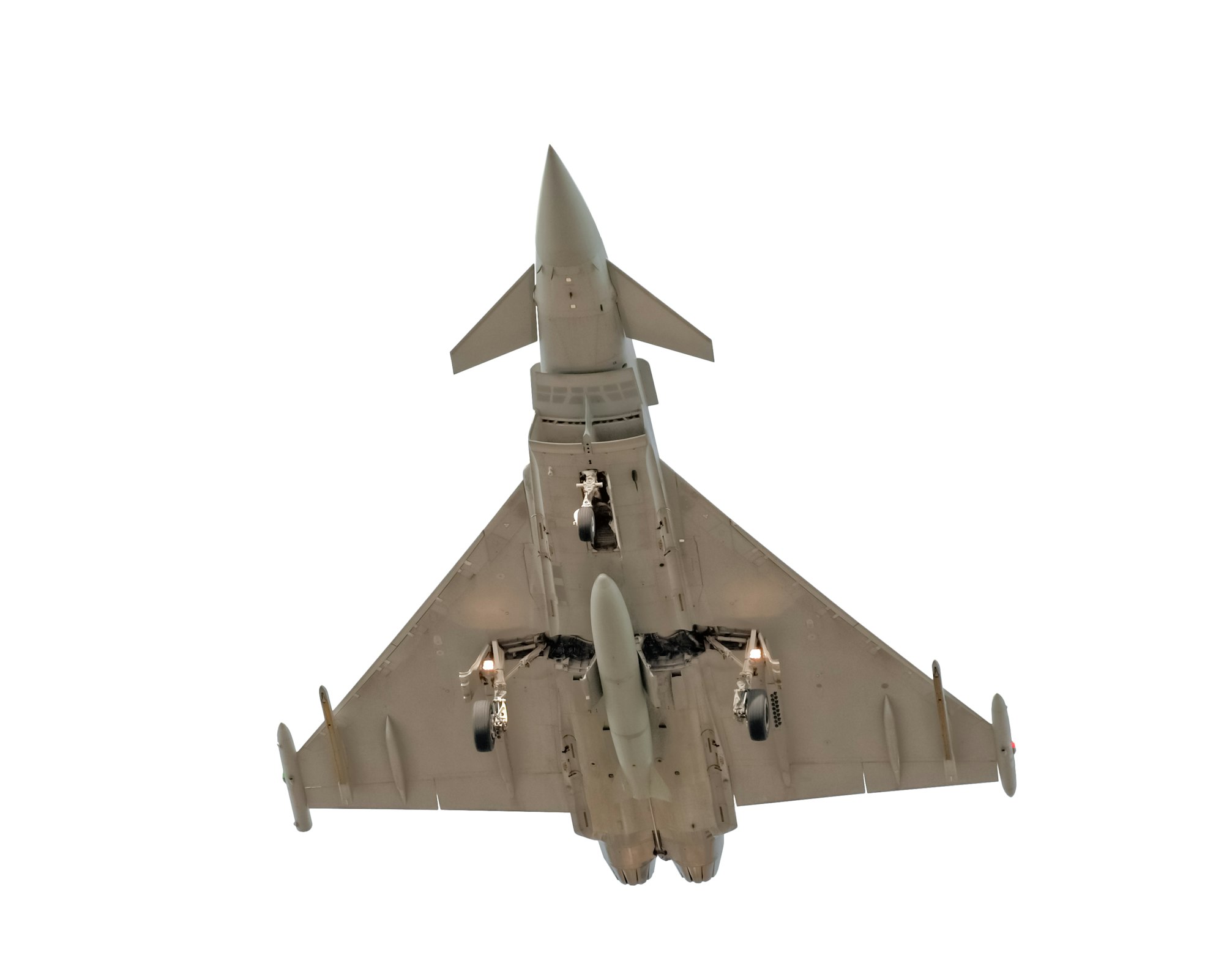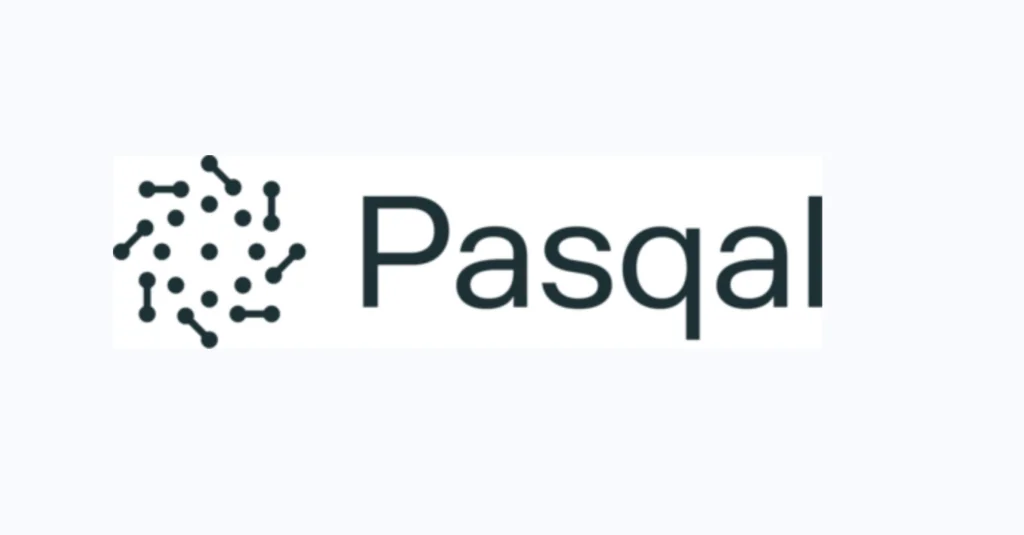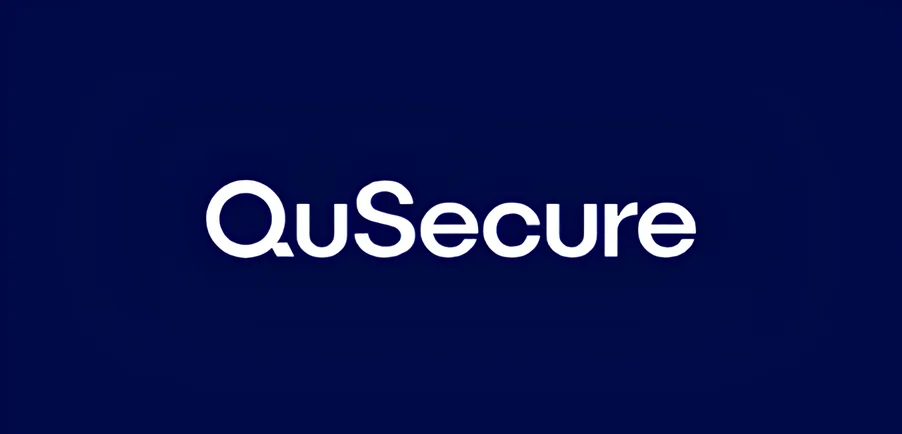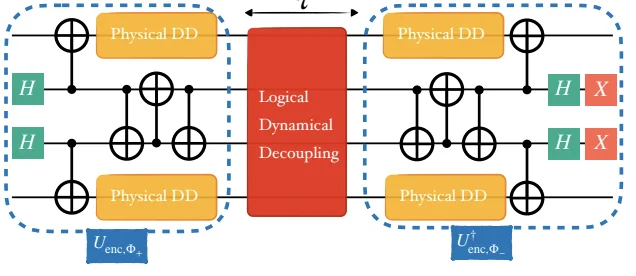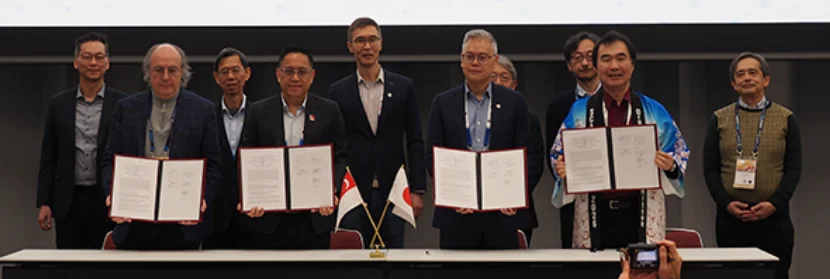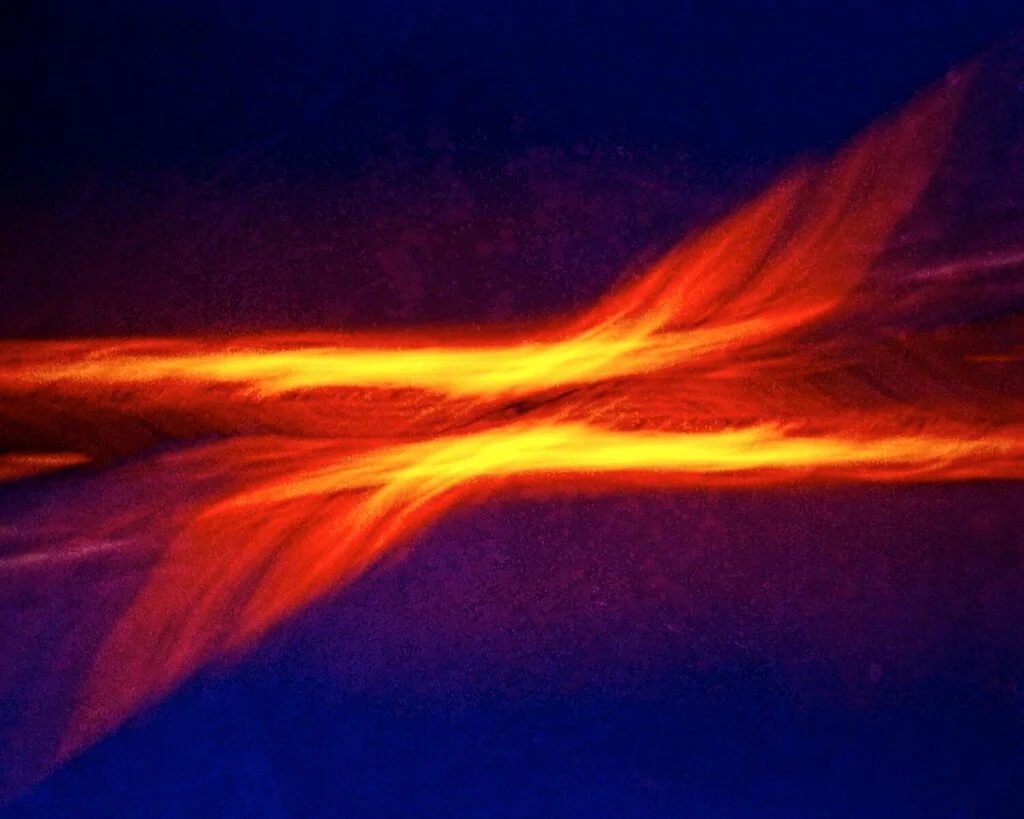Insider Brief
- Multiverse Computing reports it won a competitive application to develop a quantum-inspired gesture recognition system for Airbus Defence and Space under the EPIIC European Defence Fund project, aiming to enhance pilot interaction with aircraft systems.
- The gesture control solution, which allows pilots to use hand movements instead of traditional controls, will be tested in a simulated environment at Airbus facilities.
- The EPIIC initiative involves over 20 organizations across 12 European countries, focusing on future air warfare technologies, including gesture-based interfaces and other advanced cockpit systems to enhance pilot situational awareness and performance.
PRESS RELEASE — – Multiverse Computing, a global leader in quantum AI software solutions, today announced it will work with Airbus Defence and Space to build a new gesture-based control system for fighter jets as part of an innovation challenge within the EPIIC European Defence Fund project.
Multiverse Computing won a competitive application process with its “Quantum Gesture Recognition for Aerospace Control” project. The team will develop a cutting-edge gesture recognition algorithm inspired by quantum computing principles to revolutionize the way pilots interact with aircraft systems. The solution will be tested in a simulated environment at Airbus Defence and Space facilities. The project started this month and ends in September 2025.
The control system for fighter jets allows pilots to interact with aircraft systems using physical gestures like hand movements without the need for traditional controls like buttons or switches.

“These new non-contact gesture-based control interactions will enhance pilot situational awareness, mission effectiveness, and overall aircraft performance,” said Enrique Lizaso Olmos, co-founder and CEO of Multiverse Computing. “Combined with Airbus’ insight into pilot interfaces, our expertise in building quantum machine learning algorithms and efficient LLMs positions us well to develop these controls.”
The cockpit technologies studied by Enhanced Pilot Interfaces and Interactions for Fighter Cockpit (EPIIC) program include interactions on at least five focus areas (Virtual Assistant, Adaptive HMI, LAD, Helmet Mounted Display and Interactions) which includes gesture-based hardware and gesture-based algorithms. Airbus is leading the gesture-based part of the challenge.
The gesture-based solutions must reliably and efficiently interact with different systems in a fighter cockpit environment and address challenges such as adaptability to gloved hands, robustness in high-vibration environments, and physical integration constraints.
These solutions can improve operational efficiency by enabling natural and efficient interactions with the systems and could include virtual reality and augmented-reality technologies.
The EPIIC project is a pan-European initiative that addresses the challenges of future air warfare and collaborative combat. EPIIC consists of more than 20 organizations from 12 European countries, including major industrial companies, university research departments, innovative start-ups, and businesses.


